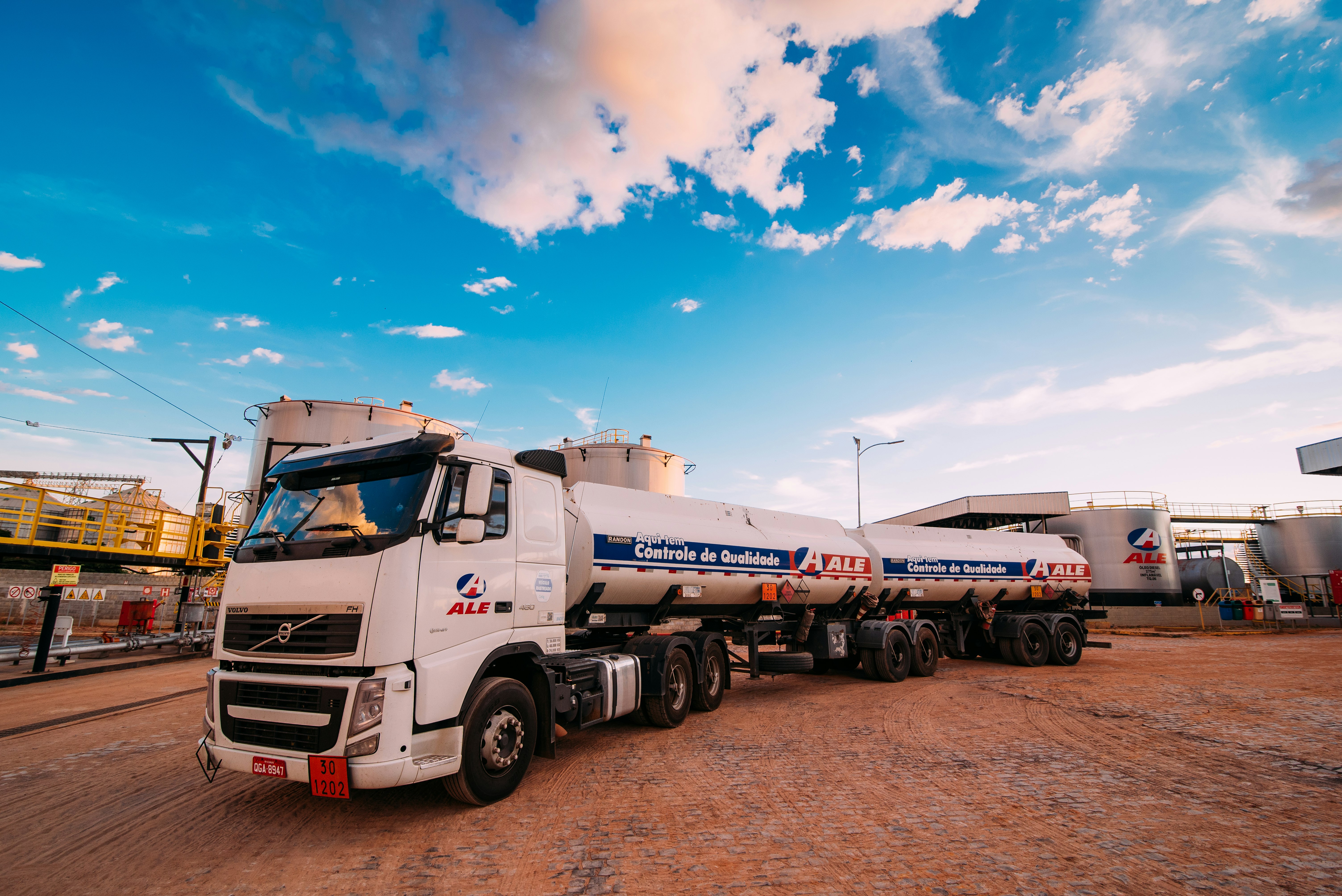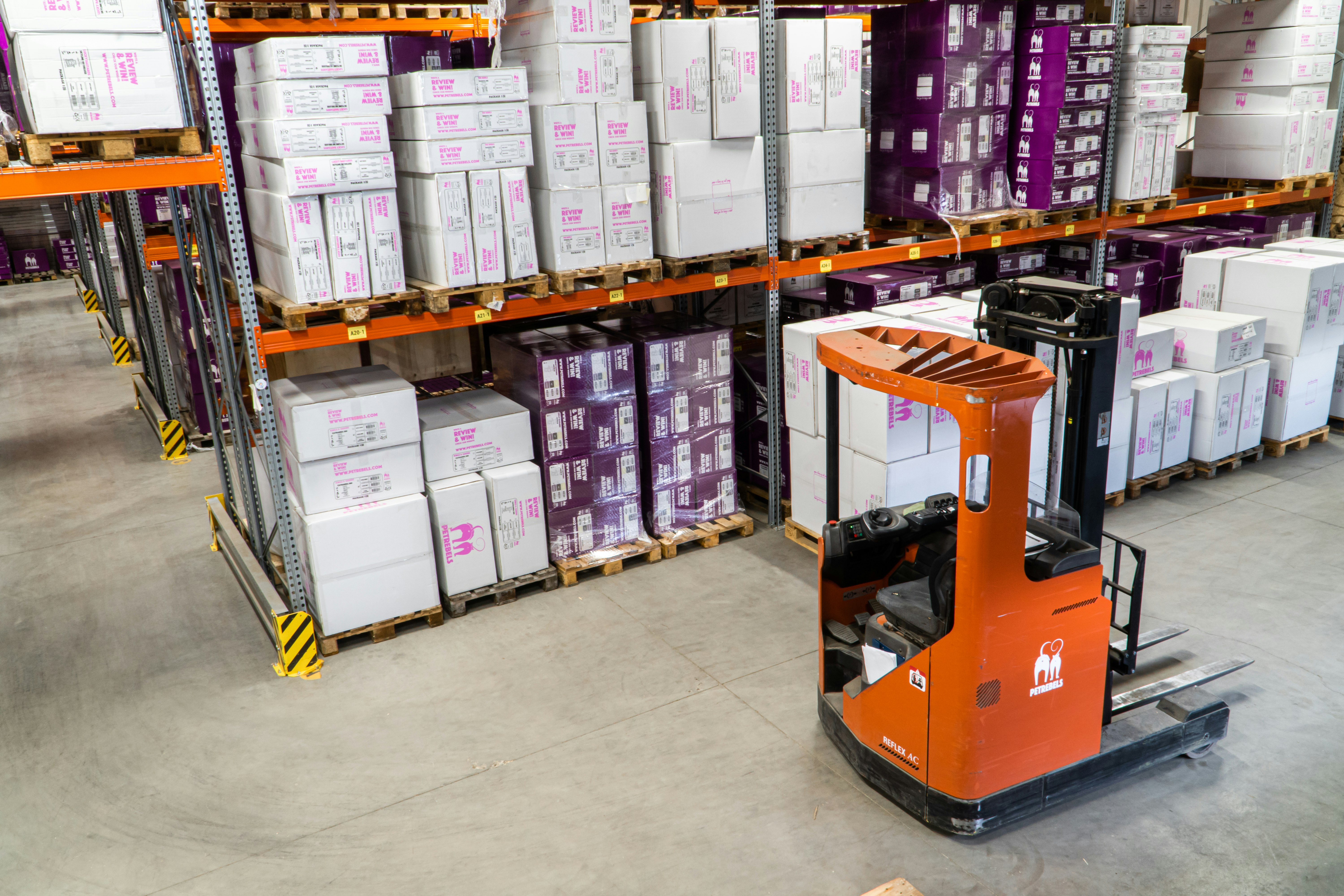Nearshoring is often seen as a strategic alternative to offshoring, which involves outsourcing to more distant countries, typically in different regions or continents. While offshoring can provide cost advantages, nearshoring aims to balance cost savings with proximity benefits, allowing for closer collaboration and better alignment with the company's operations and culture.
The popularity of nearshoring has been expanding in recent years. According to a study by Deloitte, the nearshoring market is expected to grow at a compound annual growth rate (CAGR) of 10.3% from 2021 to 2025.
Several factors are driving this growth:
- Rising cost of manufacturing in China: As China's economy has grown, the cost of manufacturing there has also increased. So, U.S. companies seek manufacturing partners in other regions, such as Mexico, Central America, and Eastern Europe.
- Increasing availability and lower automation cost: Automation is used for tasks such as assembly, testing, and packaging. This improves the efficiency and accuracy of manufacturing processes and reduces the need for human labor.
- Increasing importance of speed-to-market: Companies must get their products to market quickly in today's competitive global marketplace. Nearshoring can help companies to reduce the time it takes to get products to market, as they can be manufactured closer to their target markets.
- Need for greater supply chain control: When companies outsource manufacturing to countries that are far away, they can lose control over their supply chains. This can lead to problems, such as shipment delays and quality control issues. Nearshoring can help companies maintain more control over their supply chains.
- Desire to improve customer service: By nearshoring, companies can improve customer service by communicating more effectively with customers and responding to their needs more quickly. This can be especially important for companies that sell products or services that require a high level of customer interaction.
- Government incentives: Some governments offer incentives to companies that nearshore their operations. These incentives can include tax breaks, grants, and subsidized loans.
- Sustainability and environmental considerations: Nearshoring can contribute to sustainable business practices by reducing the carbon footprint associated with long-distance travel and transportation. Companies can minimize the environmental impact of their supply chains and operations by selecting nearby locations.
When distribution companies purchase from manufacturing companies that have nearshored their operations, they can gain several benefits:
- Reduced lead times: Nearshoring reduces the distance between the manufacturing site and the distribution center, resulting in shorter transportation times. This leads to reduced lead times for product delivery, allowing distribution companies to fulfill customer orders more quickly and efficiently.
- Improved supply chain visibility: Proximity to the manufacturing site gives distribution companies better visibility and control over the supply chain. They can closely monitor production progress, quality control, and inventory levels, leading to improved forecasting and inventory management.
- Cost savings: While nearshoring may not offer the same cost savings as offshoring, it can still provide specific financial benefits. Reduced transportation costs, lower import/export duties, and potentially lower labor costs in nearshore locations can contribute to cost reductions for distribution companies.
- Reduced risks and complexities: Nearshoring helps distribution companies mitigate risks associated with global supply chains. By operating in nearby countries, they can minimize disruptions caused by geopolitical factors, natural disasters, or transportation bottlenecks that could affect distant manufacturing locations. This can increase operational stability and reduce complexities in managing the supply chain.
Looking at recent news, it’s clear businesses are realizing these benefits. Schneider Electric, specializing in digital automation and energy management, is expanding its North American manufacturing footprint. The company is opening two new factories in Texas and Mexico to meet the growing product demand. The new factories will produce various electrical and automation products, including low-voltage circuit breakers, power distribution products, and industrial controls. The expansion is part of Schneider Electric's strategy to produce goods closer to where they are sold.
Some manufacturing companies that have recently moved or are in the process of moving operations from China to Mexico include: Yazaki, Foxconn, Panasonic, LG Electronics, Samsung, Intel, Tesla, General Motors, Ford Motor Co., Honeywell, Siemens, ABB, Schneider Electric, and Eaton.
This trend will likely continue as companies seek ways to reduce costs and improve their supply chain flexibility.
By Will Quinn
Will Quinn is the Director of Industry Solution & Strategy for Infor Distribution. With more than 25 years of Supply Chain and Logistics experience, Will brings a wealth of industry knowledge and expertise to the team, enabling our sales organization to understand better the challenges distributors face on a day-to-day basis. He works closely with distribution industry associations and buying groups and is a frequent speaker at industry events.
Before his role at Infor, Will ran distribution centers for Grainger, Coca-Cola, MSC Industrial Supply, WEG Electric, and Cintas. He began his career in logistics by serving 12 years in the United States Marine Corps. He also has a Master of Science in Supply Chain Management from Elmhurst University.




















